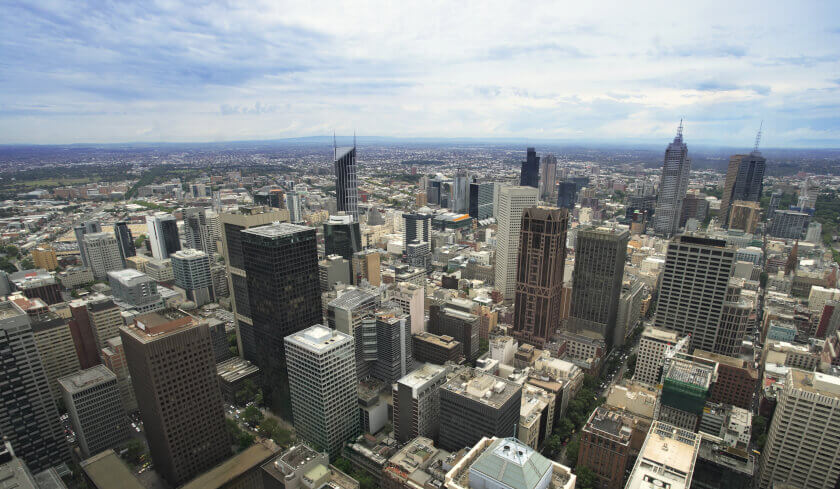Are properties in Australia overpriced?

Here it is - from the horses mouth. Mr Salt, one of Australia’s leading social commentators, reveals the “cold, hard reality" of the market economy, and how budding investors can get started without having to break the bank.
Is property overpriced in Australia or is it still affordable?
Bernard Salt: I certainly do think that Sydney is an extreme market. It's unlike any other market on the Australian continent. To be fair, I think it always has been. You can still buy a house and land in Melbourne, 14 kilometres from the CBD, in a place like Sunshine Coast around about $600,000, and you can get a separate house and a separate block of land. You can't do that in Sydney, anywhere up 100 kilometres from the CBD—not in Penrith, not in Wyalong, and not in Campbelltown.
What is the reason behind the unique market movements in Sydney?
Sydney is genuinely Australia's portal to the global economy. Sydney airport has the greatest connectivity, the Reserve Bank is headquartered here, as well as the major banks are headquartered here. Corporate Australia is headquartered here, overseas businesses tend to headquarter in Sydney. What this does is create a workforce, a skilled workforce, with the capability of actually competing up property prices.
Is it the same in other global cities?
If you look at the whole 'smashed avocado' issue, it was absolutely the most intense in Sydney and Melbourne. Also in London, the issue was debated in the Crystal Palace, in fact, within a week of my column coming out. New Yorkers will also talk about the avocado toast generation, and this is because it is a cultural truth that these global cities are attracting strong growth particularly in knowledged workers, skilled workers, and workforces who have the capacity to actually compete up the value of property. This is a real issue in global cities in Australia and beyond.
So, if you want to be in the middle of a growing economy, you have to pay more for property?
This is the cold, hard reality of a market economy.
Is this a good or a bad thing?
Whether it's right or wrong, or good or bad, is not the debate at the moment. When you have the best jobs, the highest-paying jobs on the Australian continent concentrated into the inner CBD of Sydney and in the suburbs, then the residential property around that is going to be valued accordingly. I suppose the question is, ‘How do we actually deliver up more property, how do we actually create pathways for that next generation to get access to that property market?’ This, of course, is the eternal debate. This is the issue that everyone is trying to search answers for, we're trying to find out what that solution might be.
How should property investors approach the changing property market?
I think there are a lot more zeros now than was ever the case. And I certainly think that the rate of growth in the Sydney property price since 2011-2012 has been quite extraordinary. I think there have been overseas influences in that as well. Those figures can't keep going up at that exponential rate forever. It must plateau or even subside, and I think what has actually happened in the last 12 months. The Sydney market in some areas has subsided gently.
My view is that this is what happened certainly in Melbourne in the 1990s. After the 1992 recession, property prices subsided, maybe 5 per cent on average. Then they just went sideways, almost for five or six years - and then it took off again.
Will the Sydney property market eventually see ‘subsided’ property prices?
What happened in Melbourne in the 1990s - that would be my expectation of how things would pan out in Sydney. I don't see a major collapse, there might be the property here or property there for various reasons, but not across the entire city. The reason is that it fundamentally comes down to our rates of growth. Sydney's adding about 85,000 people per year. As long as Australia retains that big picture policy of high-level immigration, those immigrants will come in through Melbourne and Sydney, and demand property, one way or another. That will underpin the market.
I would be thinking differently if there were signals coming out of Canberra saying we need to significantly reduce immigration. At the moment, we're importing maybe 190,000 people per year. If that was to go back to, say, 90,000 per year, as was the case in the late 1990s then I would say the strength of demand for the product is significantly weakening. But I can't see that.
Tune in to Bernard Salt’s episode on The Smart Property Investment Show to know more about the red flags all investors should be aware of when investing in property as well as the key economic and social change data you should be using to help establish trends and determine whether to invest in a suburb or area.
